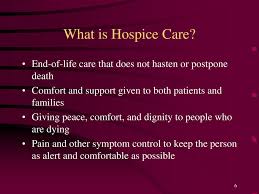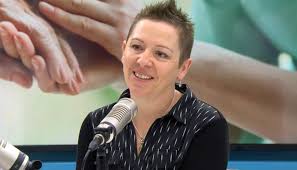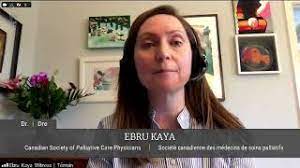By Dr Paul Saba is co-founder of Physicians for Social Justice and is the author of a book entitled “Made to Live.”
The proposed Bill 38 being debated in the Québec National Assembly is dangerous. Cognitively impaired people will be allowed to decide by advanced directives the ending of their lives via lethal injection by euthanasia. This should not happen. Quebec parliamentarians must vote no to Bill 38. (Link to Bill 38).
Henriette is a woman in her 70s who has been experiencing slow cognitive decline and has been my patient.
Her daughter is a busy real estate agent who until recently was able to help care for her mother who lived downstairs in a duplex they shared. Now that the care required is more than the homecare services can offer, she was transferred to a nursing home. The memory loss has been slow and progressive but slowed down by adjusting her medications including medication for memory loss. The support that she received at home had been helpful but inadequate for Henriette to remain at home which had been her desire. Her daughter wants her mother to live with the best care possible rather than see her life prematurely ended by euthanasia.
Some of my patients have cognitive impairment for many different reasons. Most are elderly and have chronic health problems including arthritis, diabetes, lung, heart and kidney disease, anxiety and depression. The combination of physical and psychological conditions with the side effects of the medicines impact on their mental capabilities.
The challenges of cognitive decline
There are different stages of cognitive decline. These stages can be broadly categorized as mild, moderate, or severe. The decline can be variable in its progression. There are several factors that can slow the progression of the disease. Because dementia has many different causes, there are also many different treatments and ways to slow the decline. Chronic diseases such as diabetes, heart disease, B12 deficiency must be optimized. Medicines that impact on memory loss must be changed. When possible encouraging more physical and mental activity can slow down memory deterioration. Music and art can help.
There are healthy brain diets. There are psychological and social contributions; in addition, new drugs are continually coming to market that need to be administered at early stages of the condition to have the greatest impact. Having access to geriatricians and neurologists who specialize in cognitive decline is essential. Unfortunately, the wait times for access to specialists and memory assessment centers are long.
- The fragility of caregivers and external pressure on people with cognitive decline.
- Fatigue and burnout take their toll on primary caregivers who feel overwhelmed and abandoned.
- They often react emotionally at the request of their loved ones.
People who request Medical Aid in Dying (MAID) often do so because they do not want to be a burden on their loved ones and caregivers. It is common knowledge that people do not make the best decisions when they are depressed or exhausted. It is not a question of euthanizing their loved ones, but of bringing help and respite to these caregivers.
Conclusion
In Quebec, with significant investments in research, we can develop promising treatments that can not only slow disease progression, but reverse cognitive impairment. Quebec must become a society that provides the best care for people with cognitive impairment, including home care-not MAID.
We need to care for people with cognitive impairment not euthanasia them.
Dr. Paul Saba is head of the Physicians Committee at Lachine
Hospital and the founder and President of Physicians for Social Justice.

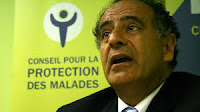

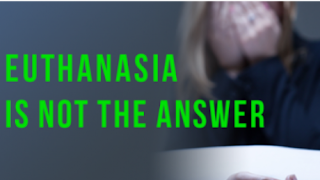






.png)
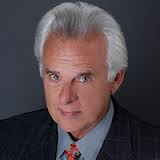
.JPG)


